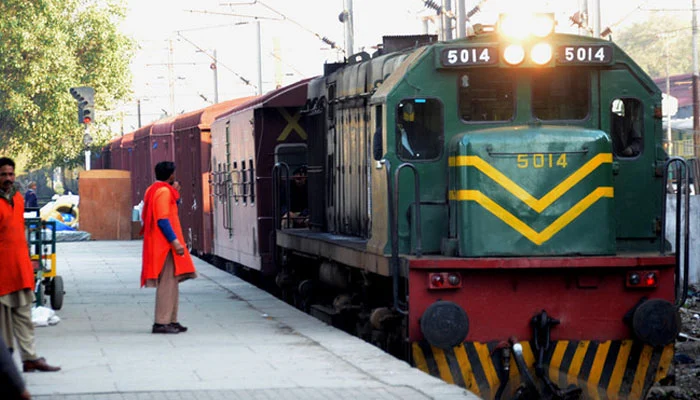Lahore, 18 September, 2023 (GNP): Pakistan Railways (PKR) has recently implemented a significant fare increase of up to 5% for various train categories starting on 19 September , 2023. This price hike has been attributed to the recent surge in petroleum prices within the country, a decision made public through an official notification.

The recent fare adjustment introduced by Pakistan Railways has had a widespread impact on various train services, affecting categories such as mail/express, intercity, saloon, and parcel services. It’s important to note that short lead passenger and shuttle trains have been excluded from this fare adjustment, possibly to mitigate the impact on certain commuter groups.
The fare adjustment is a response to the caretaker government’s decision to raise petrol prices on September 16, 2023, with current petrol prices at Rs. 331.38 per liter and high-speed diesel (HSD) at Rs. 329.18 per liter. These fuel price fluctuations directly impact railway operational costs, necessitating fare revisions for financial sustainability.
This is the second fare adjustment within a short period, following a 10% increase in passenger train fares in August 2023. These adjustments have raised concerns about the affordability and accessibility of train travel, particularly for daily commuters and laborers who heavily rely on the rail network, prompting broader questions about the transportation sector’s future in Pakistan.
Read more: Train derailment in Pakistan leaves at least 30 dead and dozens injured
The consecutive fare hikes within a span of a few weeks have raised concerns among the general public, as the price hikes have led to increased financial burdens for individuals who depend on the rail system for their daily commuting, business, or transportation of goods.

